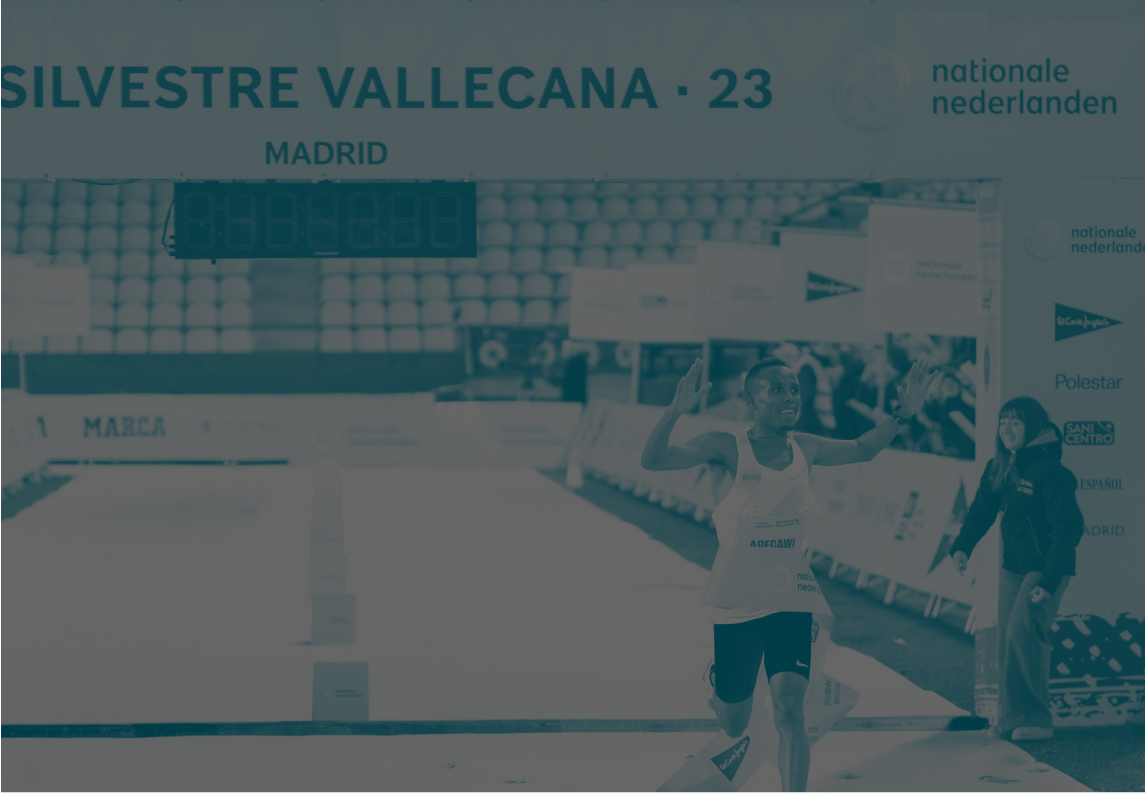Ideas a la altura
de las marcas
más

¿Cómo podemos
ayudarte?
MARKETING DEPORTIVO
Negociación de patrocinio //
Consultoría //
Gestión de derechos deportivos //
Gestión de instalaciones //
Talento deportivo //
Negociación de patrocinio //
Consultoría //
Gestión de derechos deportivos //
Gestión de instalaciones //
Talento deportivo //
Negociación de patrocinio //
Consultoría //
Gestión de derechos deportivos //
Gestión de instalaciones //
Talento deportivo //
CREATIVIDAD Y ACTIVACIONES
Diseño y conceptualización //
Producción de eventos //
Evaluación y análisis //
Logística //
Diseño y conceptualización //
Producción de eventos //
Evaluación y análisis //
Logística //
Diseño y conceptualización //
Producción de eventos //
Evaluación y análisis //
Logística //
GESTIÓN Y PRODUCCIÓN DE EVENTOS
Marketing de contenidos //
Comunicación deportiva //
Gestión de redes sociales //
Creación de contenido //
Relaciones Públicas //
Marketing de contenidos //
Comunicación deportiva //
Gestión de redes sociales //
Creación de contenido //
Relaciones Públicas //
Marketing de contenidos //
Comunicación deportiva //
Gestión de redes sociales //
Creación de contenido //
Relaciones Públicas //
COMUNICACIÓN Y CONTENIDOS
Construcción de notoriedad //
Creación de experiencias //
Refuerzo del branding //
Implementación de campañas estratégicas //
Gestión del talento //
Construcción de notoriedad //
Creación de experiencias //
Refuerzo del branding //
Implementación de campañas estratégicas //
Gestión del talento //
Construcción de notoriedad //
Creación de experiencias //
Refuerzo del branding //
Implementación de campañas estratégicas //
Gestión del talento //